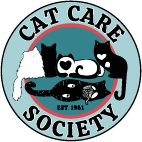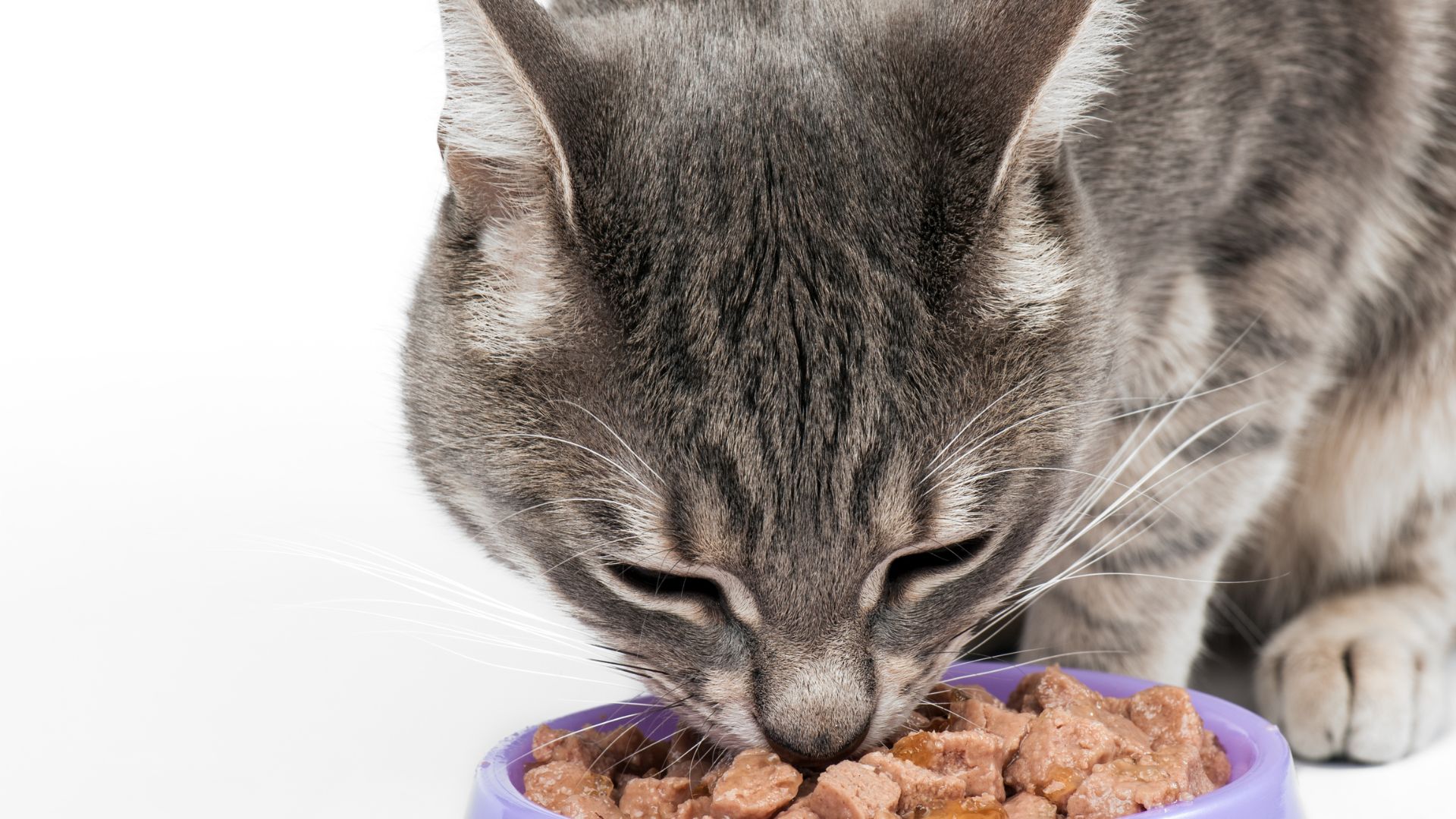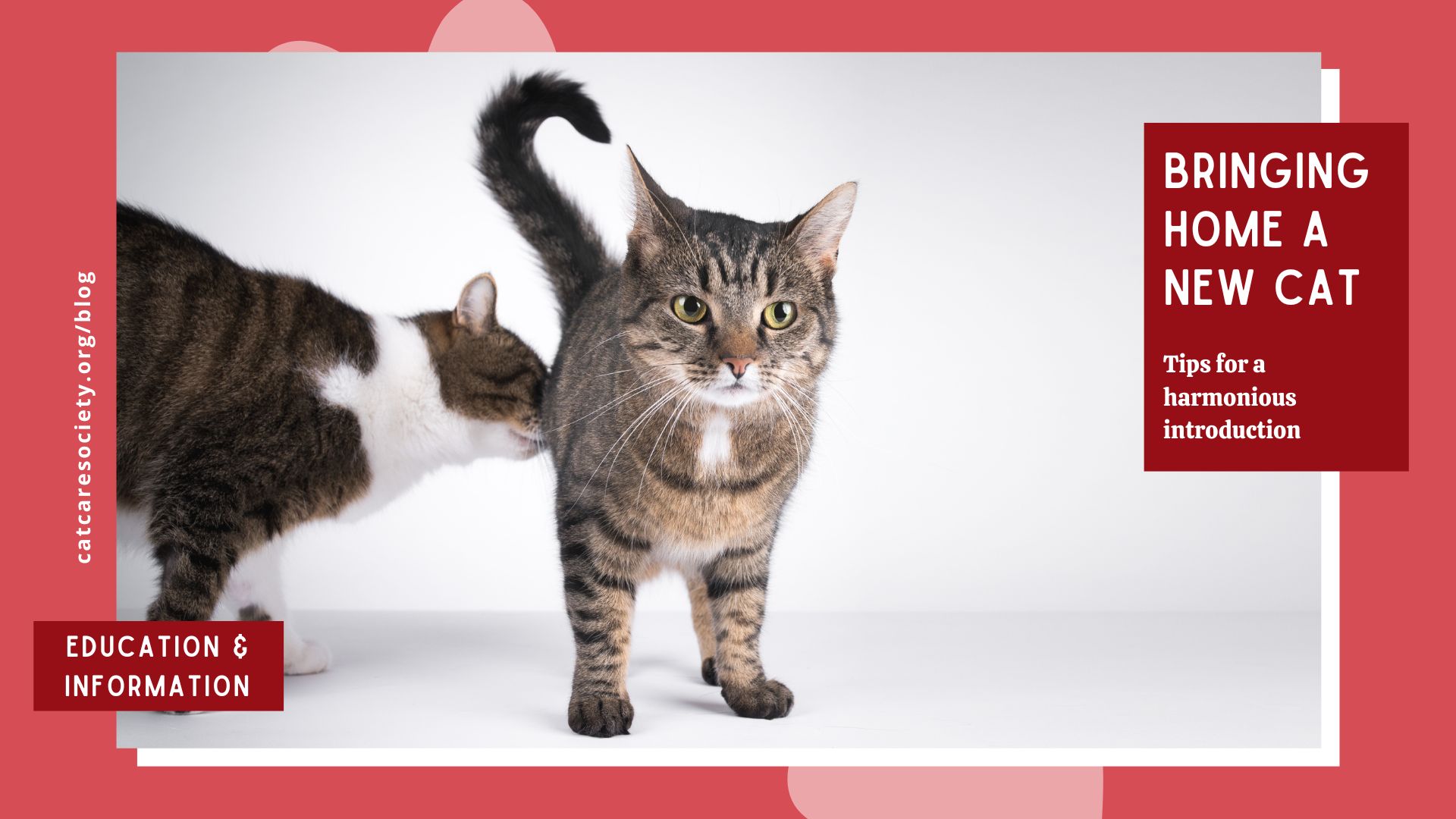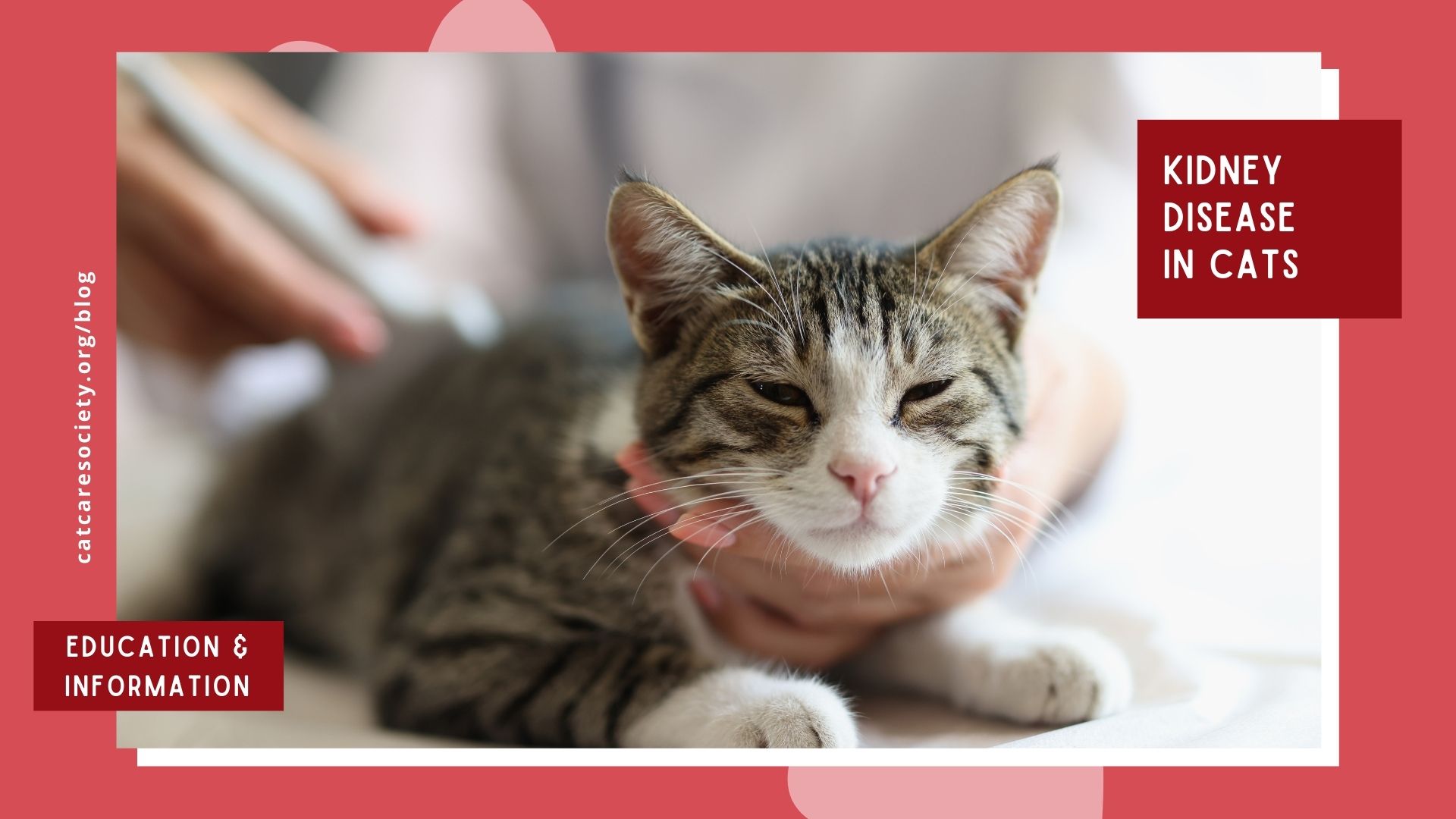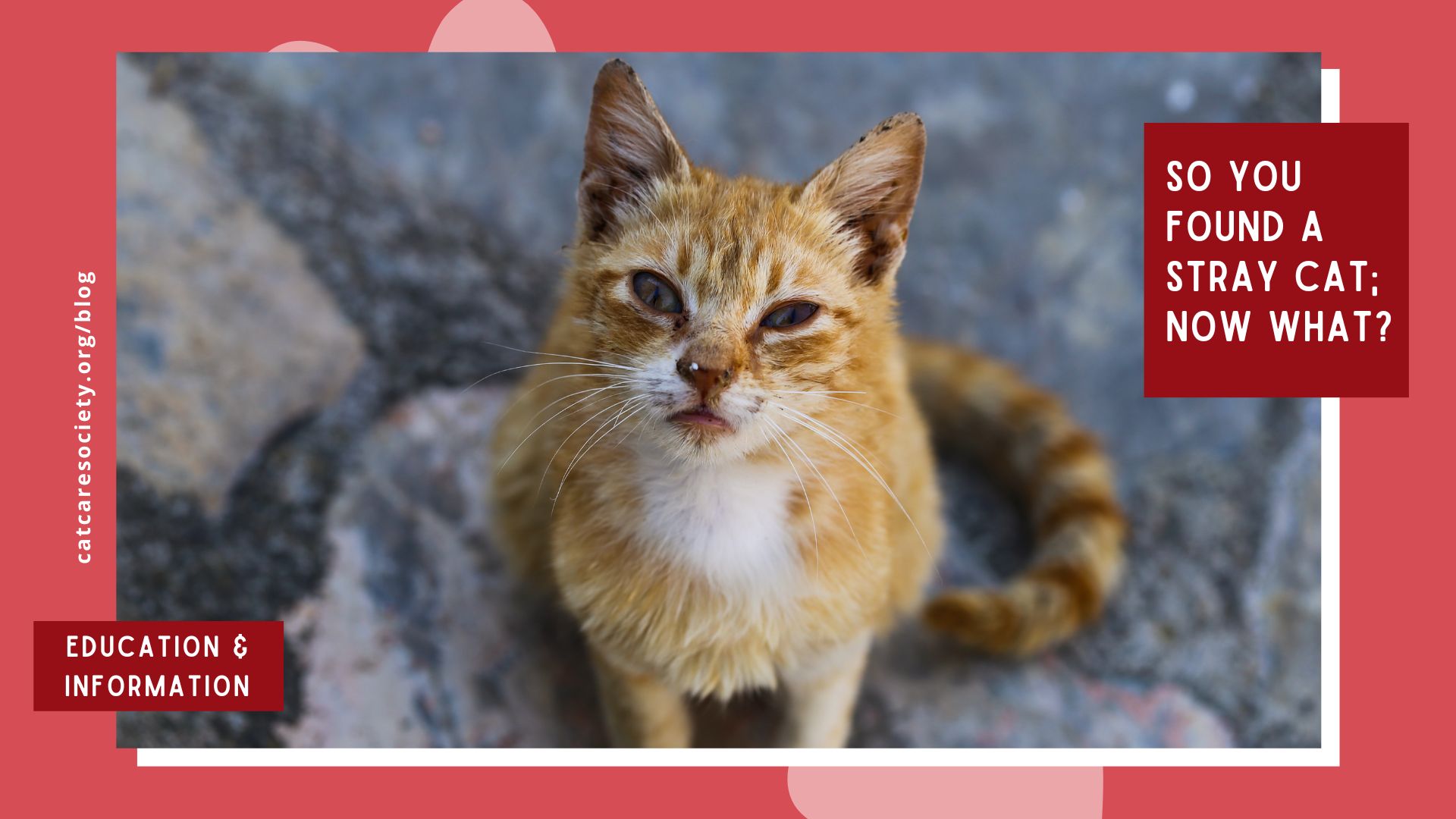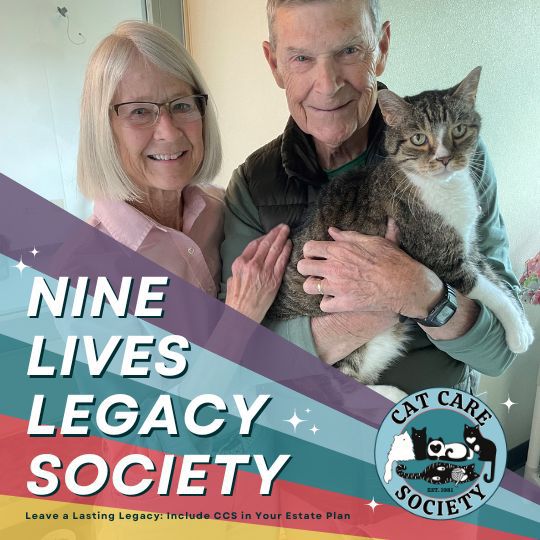Cats are often known for being picky eaters—whether it’s an aversion to certain kibble shapes, a preference for pâté over chunks in gravy, or a liking for food served slightly warmed. For cat owners, finding a food that their cat enjoys while still meeting nutrition needs can be a real challenge. However, one thing remains certain: cats are obligate carnivores and need to eat meat.
An obligate carnivore is an animal that must eat meat to survive because its body is biologically adapted to derive essential nutrients solely from animal-based sources. Cats evolved as hunters that consume prey containing high amounts of protein, moderate amounts of fat, and minimal amounts of carbohydrates, and they still typically do best consuming those proportions today. Just like humans, cats also require certain amounts of micronutrients, like vitamins, minerals, and amino acids to thrive.
Key Nutrients Found in Meat
Cats require many kinds of micronutrients from a variety of sources. Below are some of the key nutrients that are either exclusively found in meat or for which meat is the best source.
- Taurine: An amino acid, taurine is necessary for heart health, vision, digestion, immune system function, and reproduction. Unlike humans and other omnivores, cats cannot readily create taurine from other amino acids, making it essential for them to consume. Taurine is found almost exclusively in animal tissues, including muscle meat and organs. Cats cannot store taurine in their body, so it’s important that they consume adequate amounts on a daily basis.
- Arachidonic Acid (AA): An essential omega-6 fatty acid found in animal fats, especially liver and poultry fat, cats need arachidonic acid for normal growth, skin health and inflammation balance. Cats lack the enzymes to convert linoleic acid (found in plants) to AA.
- Preformed Vitamin A and Vitamin D:
- Vitamin A is essential for vision, skin health, and immune system function. Cats cannot convert beta carotene (the plant form of vitamin A) into active vitamin A, so it’s best for them to consume it through natural sources, including liver, fish, and animal fat.
- Vitamin D is essential for bone health. Unlike humans or dogs, cats cannot synthesize vitamin D through sunlight exposure. Liver, fish, and animal fat are great sources of the active form of vitamin D.
- B Vitamins—Niacin, Thiamine, B6, B12: B vitamins as whole are essential for energy metabolism, nervous system function, the immune system, and healthy skin and coat.
- Cats have a high requirement for niacin and thiamin compared to other animals, and because their bodies cannot synthesize these vitamins, they must be obtained through food.
- Cats need adequate B6 to metabolize protein, and fortunately, meat is a great source!
- Similarly, cats need vitamin B12 for digestive health as well as immune and nervous systems function, and meat is the best source for the form of B12 cats can most readily use.
- Organ meats and muscle meats are some of the best natural sources of B vitamins.
Without adequate intake of these vital nutrients, cats can experience deficiency symptoms and even irreversible damage to their health, so it’s important to provide them with a complete and balanced diet that reflects their biological need for meat-based nutrition.
Food Allergy Note: Even though cats need meat, they can still develop allergies to certain kinds of meat. The most common meat allergens for cats are beef, chicken, and fish. If you regularly feed these to your cat and notice them scratching, licking, or chewing themselves more than usual, they may have a meat allergy. Your cat’s veterinarian may recommend an elimination diet trial where you avoid the foods they regularly eat for a designated time to see if the symptoms improve. Alternative meat protein like rabbit, duck, and venison are often good options for cats with known meat allergies.
Don’t Pull Out the Grill or Roasting Pan Just Yet!
If you’re starting to think this is all leading to a time-consuming recommendation for homemade, all-meat meals—don’t worry. Regardless of quality, feeding your cat only prepared muscle meat (such as chicken breast or ground turkey) can actually lead to essential nutrient deficiencies! Cats need a variety of nutrients found in organ meat and animal fat, too. For balanced and complete nutrition, cats typically do best consuming commercially balanced raw and cooked food.
Look for products that contain a nutritional adequacy statement on the label. This indicates that the food meets the nutritional standards set by the Association of American Feed Control Officials (AAFCO), a nonprofit that establishes nutritional standards for pet foods. Cat Care Society is a proud partner of Hill’s Food, Shelter & Love program, and we feed Hill’s to our shelter cats. Hill’s recipes meet AAFCO nutrition standards, so our cats get the complete and balanced nutrition they need. (Note: AAFCO does not directly test or certify pet foods. Pet food companies use third-party testing agencies to analyze their foods according to AAFCO guidelines.)
Supplemental homemade meals can often be included as a part of your cat’s healthy diet, provided that it’s approved by the cat’s veterinarian, safely prepared, and does not include any ingredients harmful to cats, such as garlic, onions, raw eggs, and excess sodium. Additionally, do not feed your cat raw meat. While cats eat raw meat in the wild, feeding them raw meat purchased at a traditional grocery store can cause illness due to harmful bacteria like Salmonella and E. coli.
Closing
Understanding your cat’s biological need for meat is essential to supporting their lifelong health and well-being. As obligate carnivores, cats rely on meat not just for protein, but for critical nutrients like taurine, arachidonic acid, and essential vitamins that they cannot make on their own. By choosing high-quality commercial foods that meet AAFCO standards and consulting with your veterinarian, you can feel confident that you’re giving your cat the nourishment they need to thrive.
About the Author: Beth Dokolasa is a volunteer for Cat Care Society and serves on the Board of Directors. She is an instructional developer for Natural Grocers and lives in Indian Hills, Colo., with her husband, daughter, and two cats, Techno and Digit.
